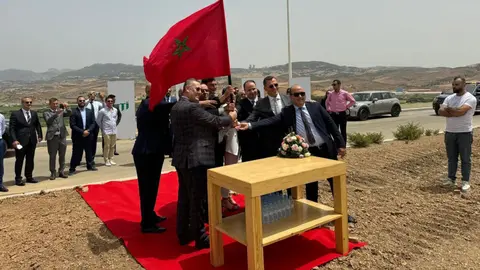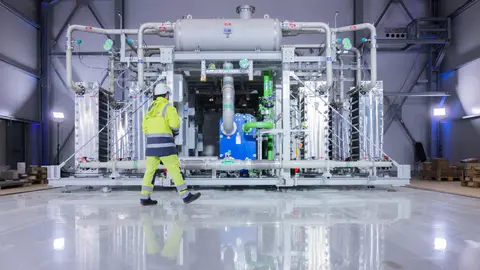Morocco's foreign investment drive
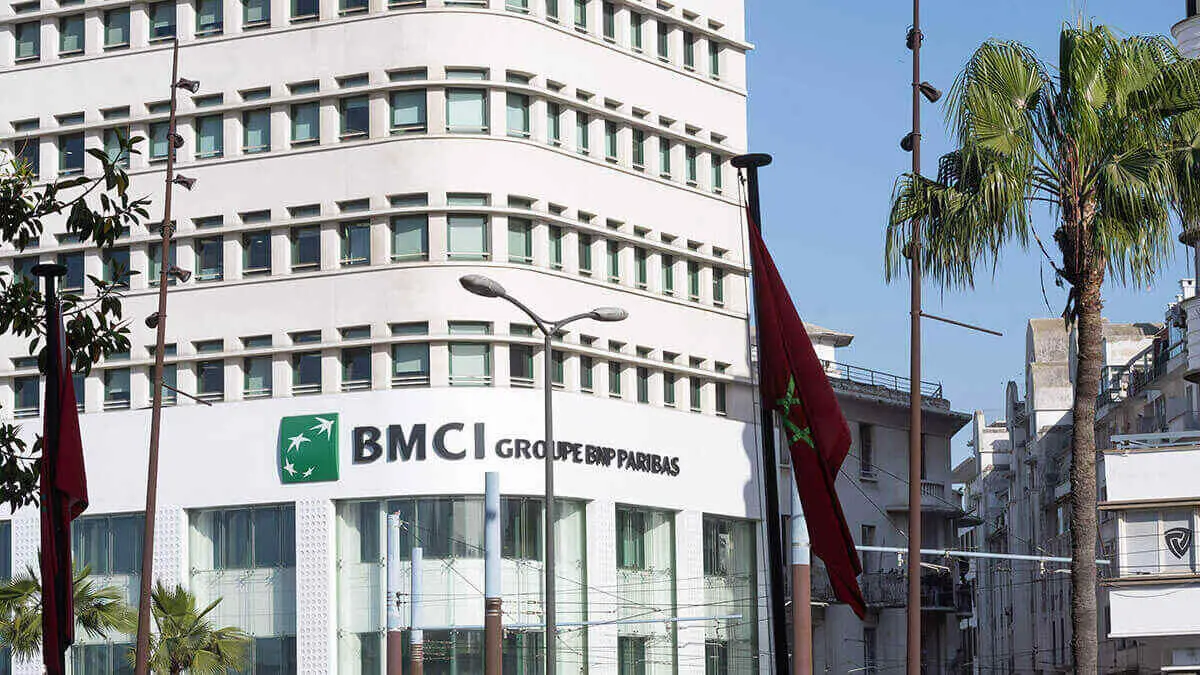
Morocco is a country in constant expansion with its sights set on success in attracting foreign investment. The Moroccan kingdom positions itself as "the gateway to Africa" and, according to the US Department of State's (DOS) Investment Climate Statement 2024: Morocco, it is exposing all its assets, placing itself in the global spotlight.
Its December 2022 Investment Charter and 2021 Development Model demonstrate its drive to compete and attract investment.
A pillar of its purpose focuses on renewable energy. Aiming to reach 52% of its total installed capacity in renewables by 2030, the country announced this year that it will designate one million hectares of land for green hydrogen production. It also communicated its goal of converting its renewable energy consumption from 19.5 to 40% by 2035.
In its Development Model, Morocco highlights its intention to invest in renewable energy programmes and technologies in order to compete with the European market. Its shift from fuels such as coal to renewable and low-emission energy will reduce production costs in the country (the Development Model identifies these costs as the main reason why the country is unattractive to foreign investors) and make it more attractive to foreign investment.
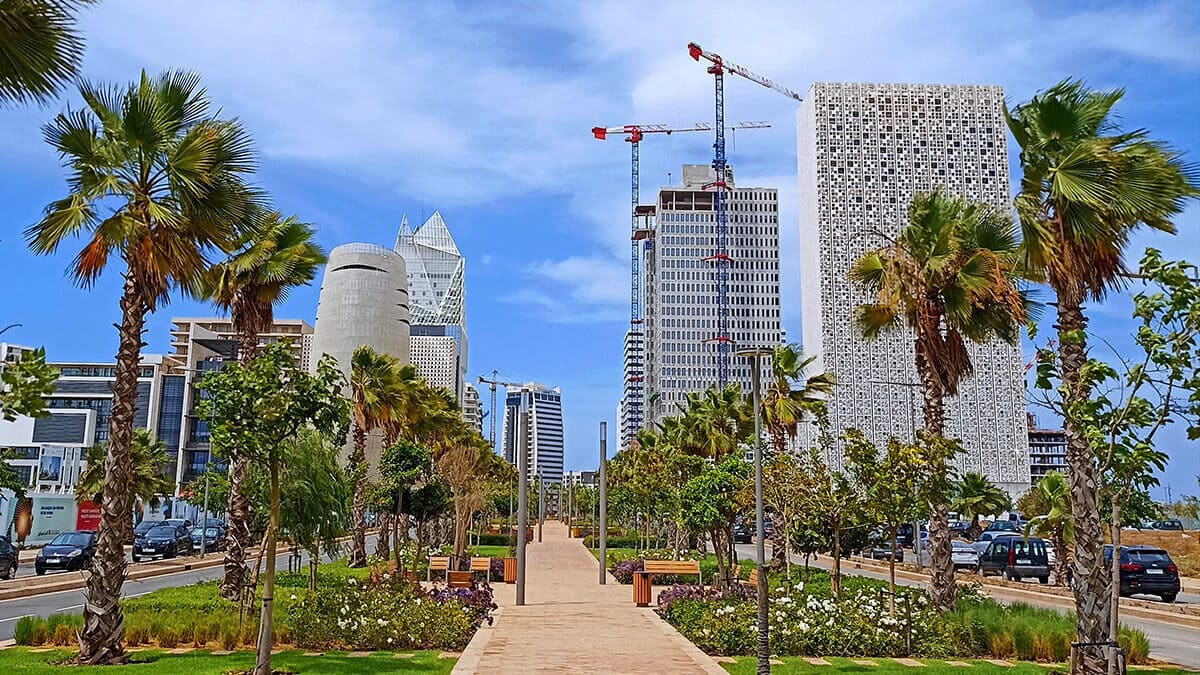
The 2% drop in Foreign Direct Investment (FDI) in 2023 has taken its toll on the North African country. Despite its position as the fifth highest FDI-producing African country in 2022, in 2023 FDI fell from 2.26 billion dollars to 1.1 billion dollars, according to the World Investment Report 2024. In the aforementioned DOS statement, it attributes some investment difficulties to structural deficiencies such as "inefficient government bureaucracy, corruption and the slow process of regulatory reforms". In addition, it considers its lack of investment screening process for the telecommunications, minerals and renewable energy sectors as another challenge.
Nevertheless, Morocco has been making parallel achievements such as its exclusion from the Financial Action Task Force (FATF) grey list in 2023. In the same year, the European Union (EU) also removed it from its Prevention of Money Laundering and Terrorist Financing grey list. Both mean that Morocco is no longer under the scrutiny of these organisations, improving its reputation. As a result, the country has become safer for foreign investment, in addition to mitigating the risks identified by the DOS.
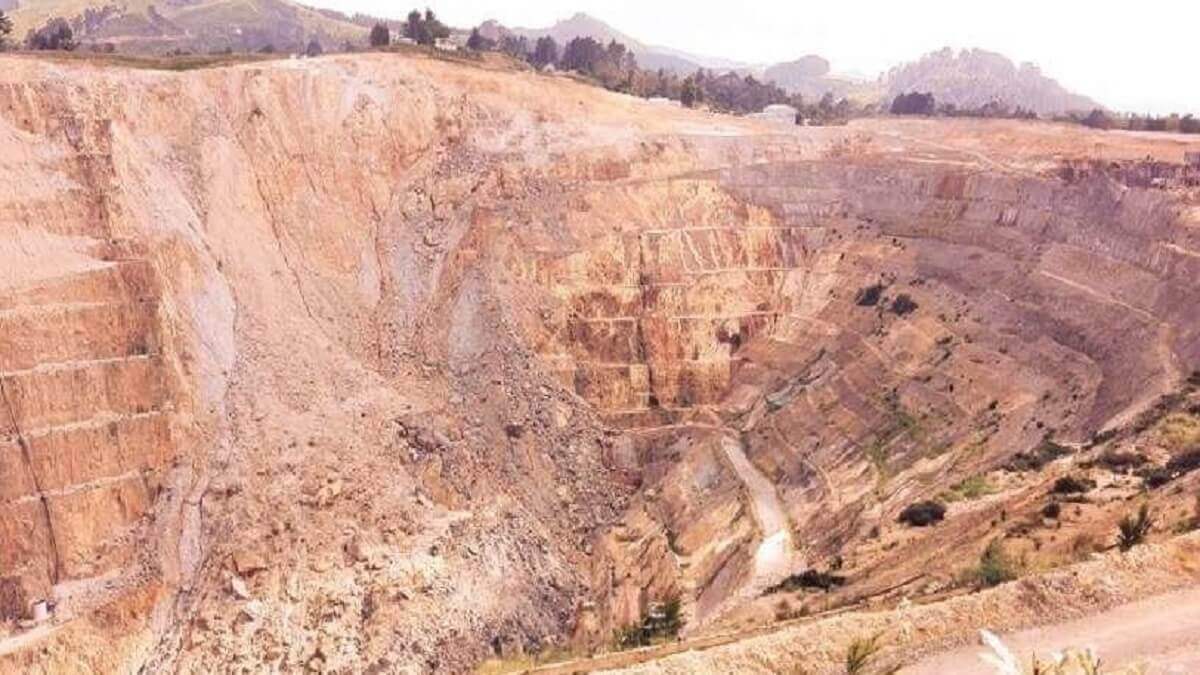
Despite Morocco's difficulties in attracting FDI, it is the only African country with a Free Trade Agreement with the United States. This treaty supports, according to the DOS, Morocco's objectives to become a trade epicentre on the African continent. Morocco's economic restructurings are conducive to achieving this goal and its relationship with the US reinforces these bilateral ties.

